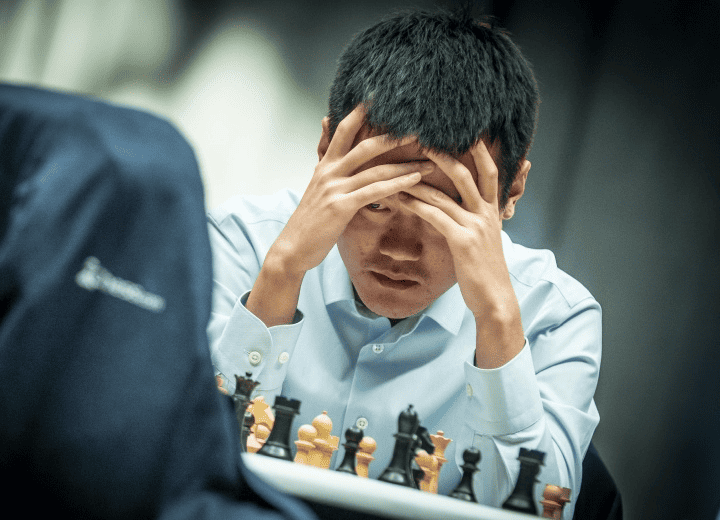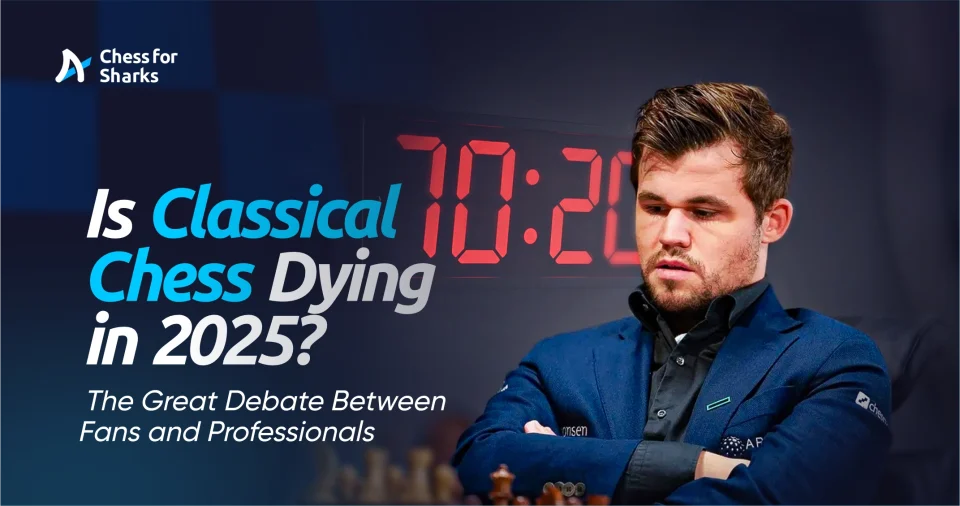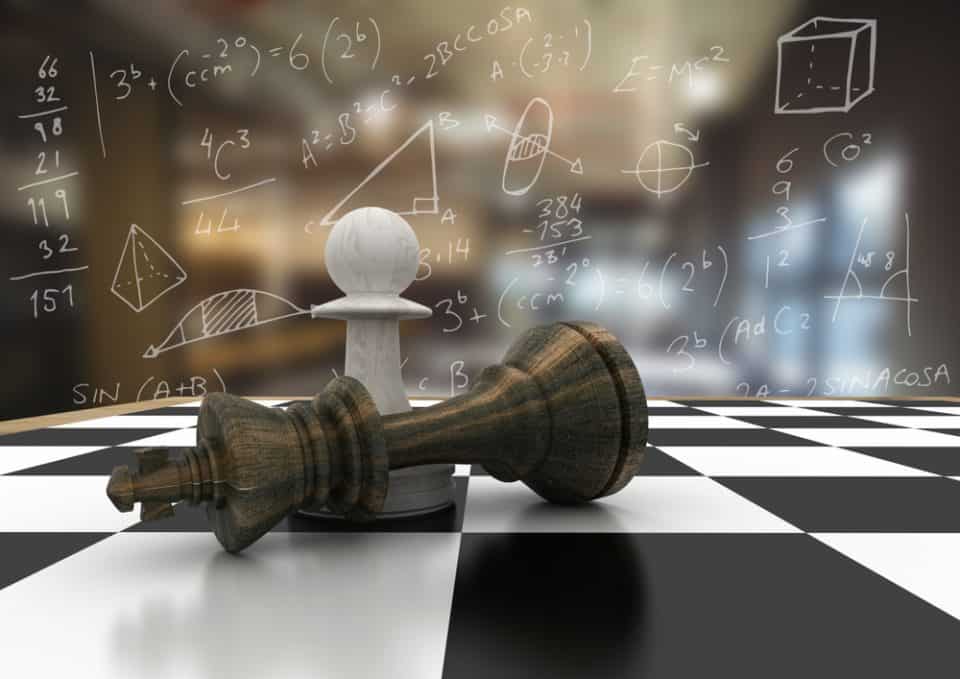Short answer is YES. Chess can actually cause stress.
While playing chess can provide many benefits, including improved concentration, problem-solving skills, and critical thinking, it can also cause stress.
The intense concentration, decision-making, and competitiveness of the game can all contribute to feelings of stress and anxiety.
The complexity of the game means there are so many ways to mess up. Even when you win, you worry you could have played better.
Let’s take a more detailed look into factors that make chess playing a stressful and strenuous activity.
Chess Can Be Mentally Demanding
Chess requires some serious brain power.
You have to think not just one or two moves ahead but many moves ahead. At any point, there are dozens of possible moves between you and your opponent.
Evaluating each sequence of moves and countermoves to determine the best path forward demands intense concentration and cognitive effort.
Besides, a single chess game can last for hours, requiring prolonged periods of focused thinking.
Maintaining high-level concentration and strategic planning for that long leads to significant mental fatigue.
Additionally, the fear of losing can be a major source of stress in chess, as players may feel like they have let themselves or others down if they do not emerge victorious.
The pressure to perform well and win the game can be intense, especially in high-stakes tournaments or matches where a player’s reputation or ranking is on the line. The need to constantly think and plan ahead can also be mentally exhausting, as it requires sustained concentration and focus.
What Can You Do?
However, there are ways to manage your stress levels while playing chess.
When you start to feel stressed during a match, take a few deep breaths to help lower your heart rate and calm your mind.
Close your eyes for a moment and focus on your breathing. This can help you avoid making rushed or careless moves.
If you’ve been sitting for a while, stand up and move around. Do some light exercises like shoulder rolls, and stretching your arms or neck.
Physical movement releases pent-up energy and triggers your body’s relaxation response. Even just standing up for a few minutes can help you feel less stressed.
Dehydration can worsen feelings of stress and anxiety so keep a water bottle nearby and take frequent sips throughout your game to stay properly hydrated.
So there you have it. Yes, chess can cause stress but don’t let that scare you away from the game.
The key is finding the right balance. Play for fun and leisure, not with a cutthroat competitive mindset.
Take breaks when needed instead of powering through for hours. And remember, no matter the outcome, you’re exercising your brain and gaining life skills and that your mental health is more important than your Elo rating.
We recommend these materials for further study:







join the conversation